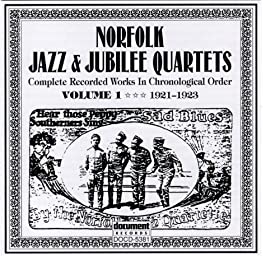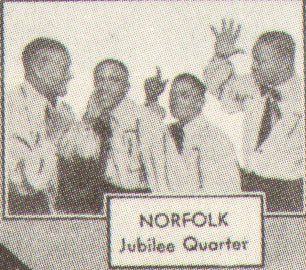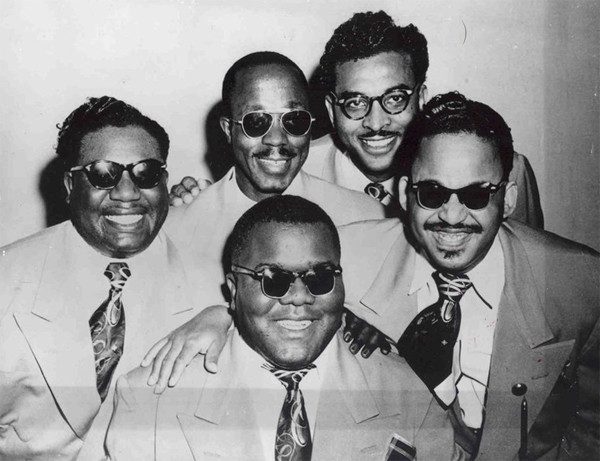The Rise of Jubilee Quartets
The Jubilee Quartets consist of three separate time periods: the Jubilee Period (1880-1929), the Transitional Period (1930-1945), and the Gospel Period (1946-1969). Each of these time periods consist of very distinct, yet important sounds and artists that went on to shape generations of African American music that we still hear today. The Jubilee Quartets genre carried a very unique sound due to its ensemble of about four voices, all holding their own range of sound and coming together to harmonize.

It all began with Fisk University creating the first Jubilee Quartet which sang Negro Spirituals and attempted to raise funds for the university by touring and singing. They became known as the Fisk Jubilee Singers and created what is known now as university jubilee quartet. This was all during the first Jubilee Period. During this time, community-based jubilee quartets, and barbershop community quartets began forming as well. Other HBCU’s soon joined in on the formation of Jubilee Quartets such as Hampton and Tuskegee University.


During the transitional period of Jubilee Quartet singing, this genre began to transition and find its way into black churches. The churches began to form their own quartets as well and this was known as improvisational gospel. During this time, Jubilee Quartet singers began to migrate and make their way up north, so as they spread their sound spread as well.
Finally, during the Gospel Period, more performance styles were developed for the Jubilee Quartet groups. The instrument sounds used were enhanced and, in some cases, they even replaced the bass sounds. The groups during this period that began singing in the conventional jubilee style turned it into a style known as “hard gospel”.

Gaining a better knowledge of the history behind black church music and where choirs developed their sound from is an amazing lesson. Being raised in an all-black church exposed me to very different sounds and harmonizing like never before. The unique sounds from black church choirs usually consist of different pitches, beats, and instruments. Being able to witness the way black music has evolved but at the same time been inspired by the many styles and ideas from previous generations shows just how influential black culture is. Every generation and era take a piece from one another and still find a way to make it their own.

